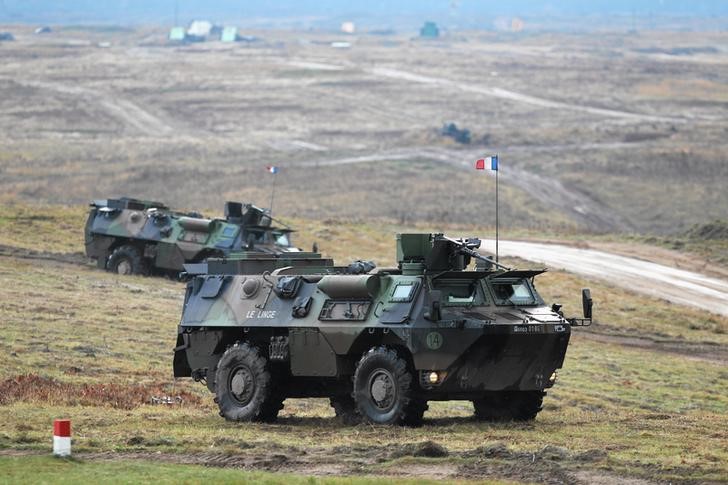BigBear.ai appoints Sean Ricker as chief financial officer
Investing.com -- The probability of a NATO-Russia war remains very low, BCA Research says, putting the odds at just 5% by the end of the year.
The firm continues to see a 60% chance of a ceasefire and a 35% likelihood of escalating fighting confined to Ukraine.
“The media is missing the big picture: the war is already contained. The falling oil price confirms that,” Matt Gertken, chief geopolitical strategist at BCA, said in a Tuesday note.
Gertken, who believes that Moscow lacks the resources to widen the war, says Russia has an interest in “quitting while it is ahead,” as declining energy revenues deprive it of the means to escalate. Weakness in China’s economy is also weighing on oil demand, adding further strain on the Kremlin.
Gertken notes that both U.S. and European leaders are reluctant to deepen their commitments. Washington has already cut military and financial support, and while Europe has partially stepped in, “the EU countries are neither willing nor able to replace U.S. capabilities entirely.”
Instead, the West is pushing for a ceasefire that would freeze the conflict on current lines, backed by conditional security guarantees if Russia violates the deal.
The strategist cautioned that a true peace treaty is unrealistic, since it would require Russia to return conquered land or the West to extend Ukraine a mutual defense pact.
At the same time, opinion polls in both Russia and Ukraine now show that more than 60% of citizens favor peace negotiations, strengthening the case for diplomacy.
Gertken argues that pressure on Russia is compounded by President Trump’s cooperation with Gulf states to expand oil production, which is lowering prices and further straining the Kremlin’s war economy.
Still, the small tail risk remains, Gertken said. He sees “a 5% chance that talks break down, the war escalates, and Russia resorts to irrational aggression that triggers a conventional war with NATO.”
“It could happen but it is not likely – Moscow’s conventional forces are vulnerable to NATO in Ukraine and elsewhere,” he added.
For investors, BCA recommends near-term caution but sees diplomatic progress as ultimately positive for Europe, particularly emerging European markets.
The firm also noted that the Hungarian forint and Polish zloty are strengthening against the Swiss franc, signaling potential tailwinds for Eastern Europe once diplomacy advances.
The firm expects gold to benefit from dips and forecasts relative underperformance of European equities compared to U.S. markets until a ceasefire comes into view.
